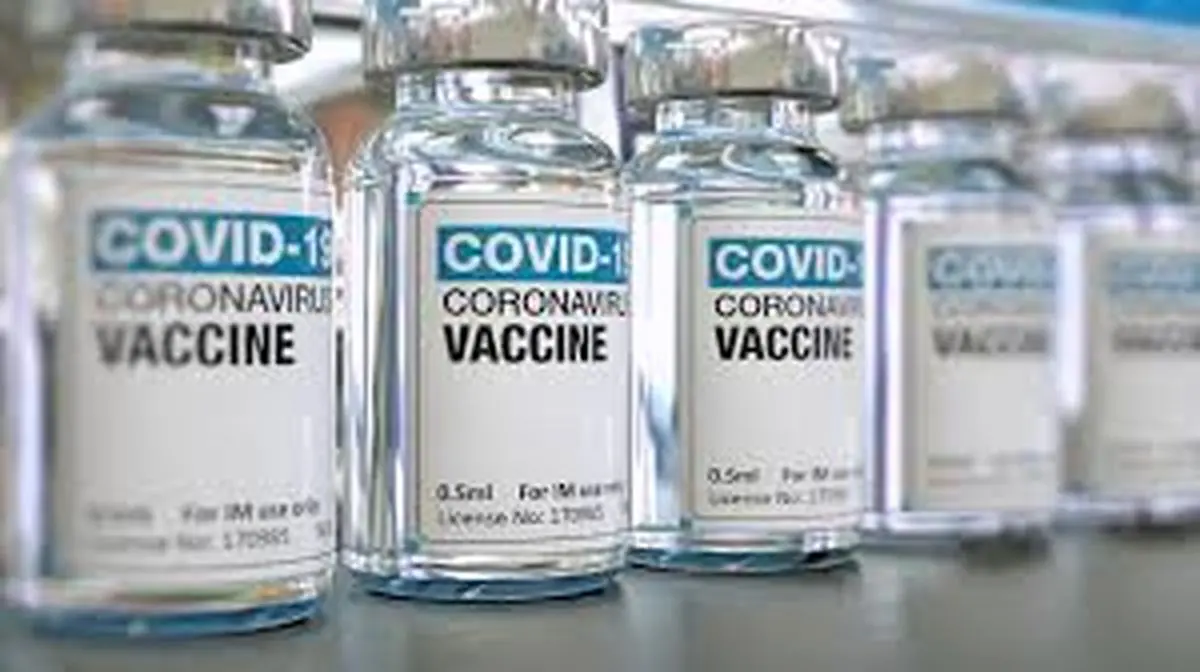Tehran, Seoul begin talks on bartering frozen assets with COVID-19 vaccines

Head of Iran-South Korea Chamber of Commerce says Iran and South Korea have begun talks on bartering $8.5 blocked Iranian assets in South Korea with COVID-19 vaccines and other commodities.
Speaking to ILNA news agency, Hossein Tanhaee pointed to some details of the meeting of the members of the chamber with First Vice-President Eshaq Jahangiri on the fate of Iran’s blocked assets in South Korea and said, in the meeting with Mr. Jahangiri, the chamber presented its suggestions for bartering goods with South Korea.
He admitted that South Koreans have not yet begun any practical action for barter or release of Iran’s frozen assets and during the meeting with the First Vice President, some solutions for this we were presented by the chamber.
“In the meeting, the barter of some kinds of goods which can be bartered and their tariffs were determined and now all should wait and see the result of the next meeting with South Koreans and how much they would cooperate with Iran over the suggested list of goods for barter.”
On the proposed goods for barter in exchange for Iran’s frozen money, he said the list has been prepared based on the priorities of the country and it includes raw materials, medicines, petrochemicals, auto, and home appliances parts.
He emphasized that the most important issue in bartering Iran’s frozen money is the purchase of COVID-19 vaccines, adding that necessary coordination is underway by the health ministry.
Tanhaee added that the amount of Iran’s frozen assets in South Korea is between 8 to 8.5 billion dollars, adding that for imports of each item of goods for bartering, a certain amount of blocked money has been earmarked but it depends on South Korea how much they would cooperate.
On the cost of holding the frozen money in South Korean banks, he said in most countries, banks charge some fee for the public deposits and its amount is insignificant and it is in the framework of the banking system of countries.
END
